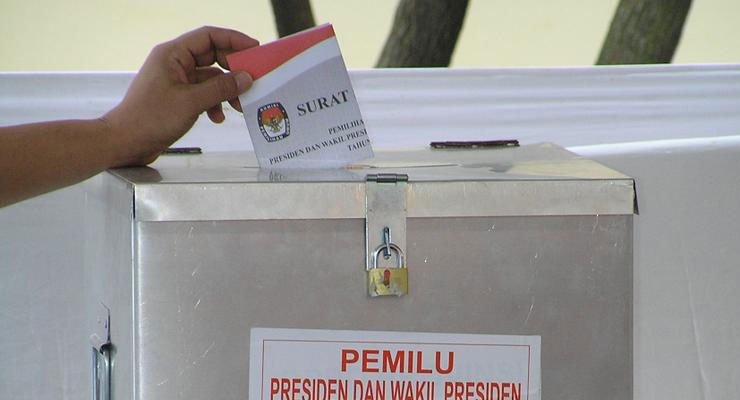
From an article at Human Rights Watch by Juliana Nnoko-Mewanu:
On Wednesday, Indonesians go to the polls to determine their next president.
For one demographic, the stakes of the vote, regardless of the results, remain uncertain: the country’s indigenous peoples. Indigenous rights groups that represent some 17 million people and that could be a decisive force in the elections have been reluctant to endorse either candidate—for good reason. Major questions about the future of land rights policy remain unanswered by both of them.
Last September, I stood on the hills of Semunying, in West Kalimantan, on the Indonesian half of the island of Borneo. What was once a green tropical forest lush with evergreen rambutan trees has been taken over by a commercial palm oil plantation. Evidence of the palm oil industry extended as far as the eye could see in every direction. Stuck in the middle of all this is a small village, home to members of an indigenous people, the Iban Dayaks.
The Iban Dayaks have a worldwide population of some 751,000. About 19,000 currently inhabit this area near the Malaysia-Indonesia border, where Ibans have lived for centuries. “Our identity as Iban Dayak is almost lost now. We have no forest anymore,” Ibu Della, a 40-year-old woman whose name I have changed for her protection, told me. Over the last 10 years she has watched the forest she depended on slowly being taken over by palm oil plantations.
Read full article at Human Rights Watch.
Leave a Reply